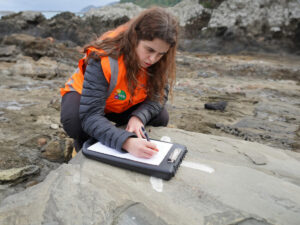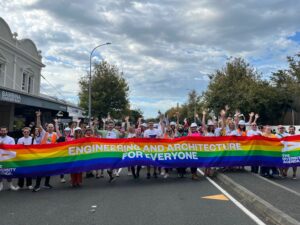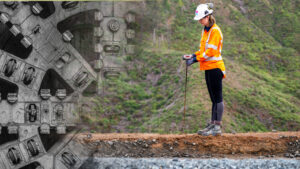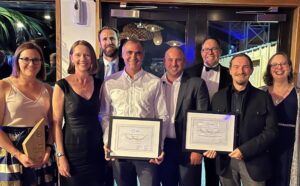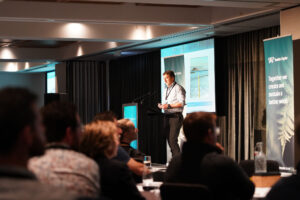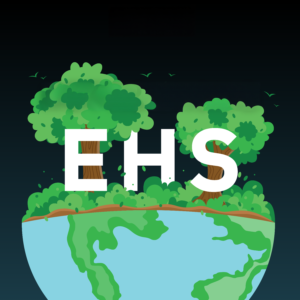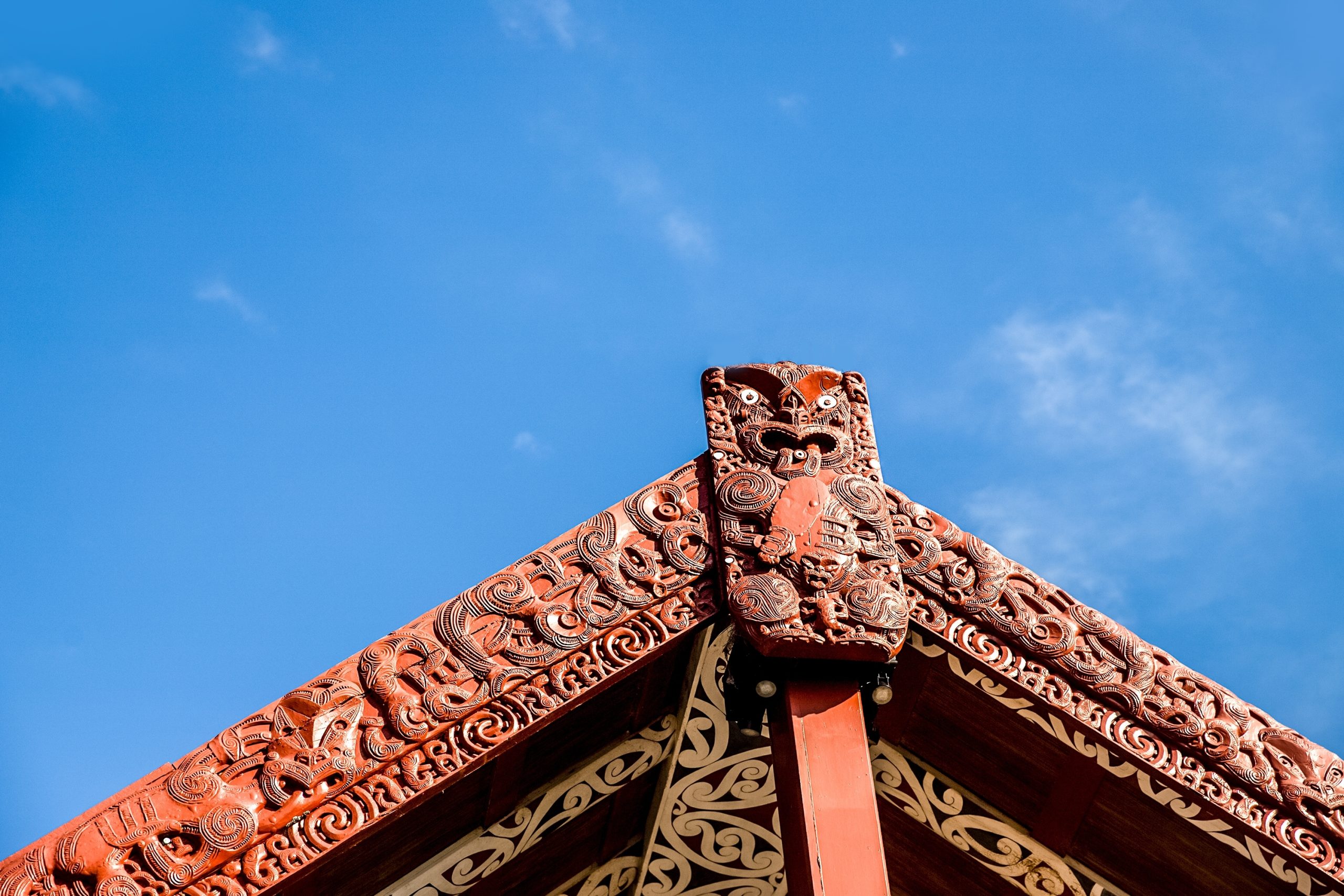Waitangi Day is a moment to pause, reflect, and connect—to acknowledge the significance of Te Tiriti o Waitangi and the ongoing journey of partnership, respect, and understanding in Aotearoa. It’s a day to listen, to learn, and to consider how we can all contribute to a more unified future.
We asked our people what Waitangi Day means to them, how they honour the day, and how it can be a platform for deeper conversations and connection. Their insights remind us that true progress comes from listening, engaging, and embracing diverse perspectives.
What does Waitangi Day mean to you, and why do you think it’s important for Aotearoa New Zealand?
Kumeroa Pihama – Pou Whanake, Technical Director Māori: Waitangi Day is a reminder of the utmost importance of honesty, integrity, and how these things translate into the mana of an individual or collective. It builds my resolve to promote the truth.
Te Whiti o Rongomai said, “E kore e huri ki āku mokopuna”: The atrocities will never again be inflicted on my descendants. If we can agree on that, agreeing to the importance of Te Tiriti is a much simpler exercise.”
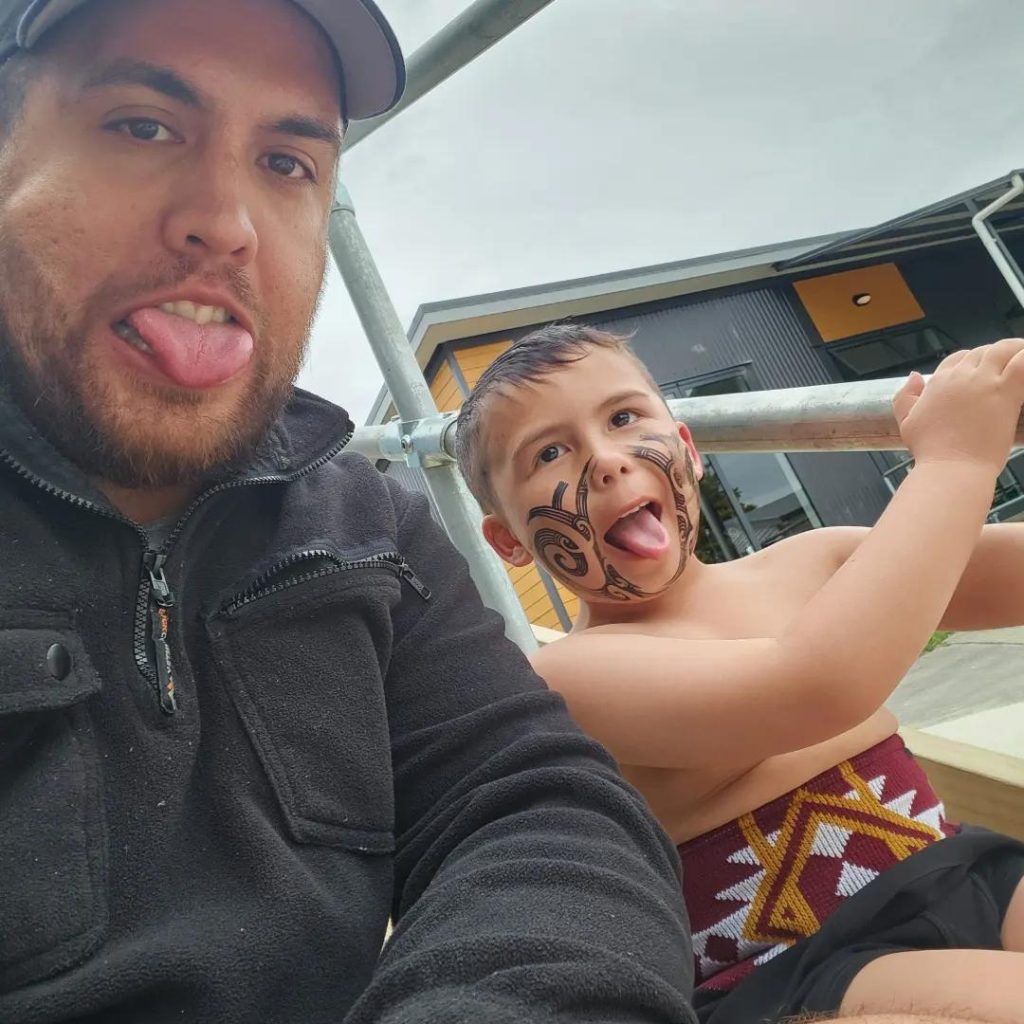
Dilys Fong – Transportation Engineer: As tauiwi (non-Māori) who loves Aotearoa as her home, I think it’s incredibly important that we commemorate the basis on which we were founded as a nation. Our best work happens in genuine treaty partnership, and when it happens it’s inspiring.
There’s a lot for us to be proud of, and at the same time we must learn from our mistakes and do better for each other – ka mua ka muri. – Dilys Fong, Transportation Engineer.
Wiripo Ritchie – Geotechnical Engineer: Te Rā o Waitangi (Waitangi Day) represents a time to acknowledge and celebrate the foundation of Aotearoa as a bicultural nation. It is a day to reflect on the historical and ongoing relationship between tangata whenua (Māori) and tauiwi (non-Māori).
It represents a time to acknowledge our shared history, celebrate Māori culture and identity, and recognise the work still needed to honour the promises of Te Tiriti.
Waitangi Day is an opportunity to promote mātauranga (education) and kotahitanga (unity) among the diverse communities of Aotearoa.
By hosting events where people can learn about tikanga Māori and the principles of Te Tiriti o Waitangi, we can strengthen our collective identity and unity.
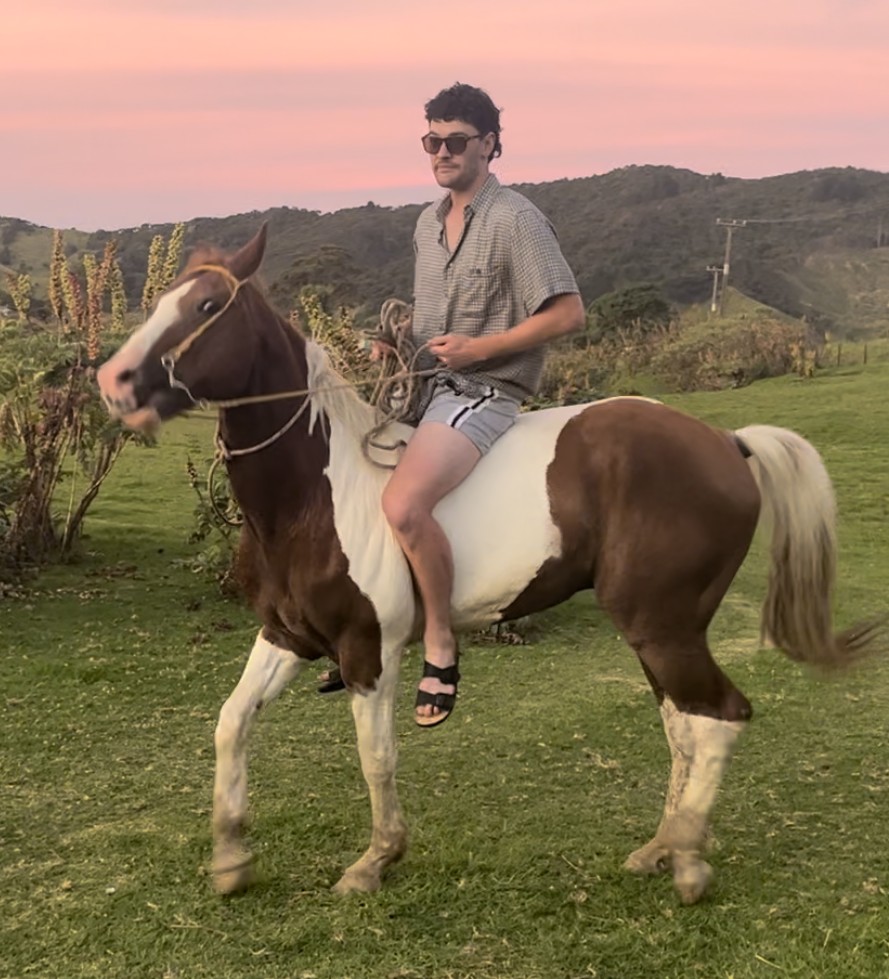
What do you usually do on Waitangi Day?
Te Miringa Panapa – Water Resources Engineer: I love using Waitangi Day to spend time with whānau. It is also an opportunity to reflect on how we can bring more tikanga into our everyday lives.
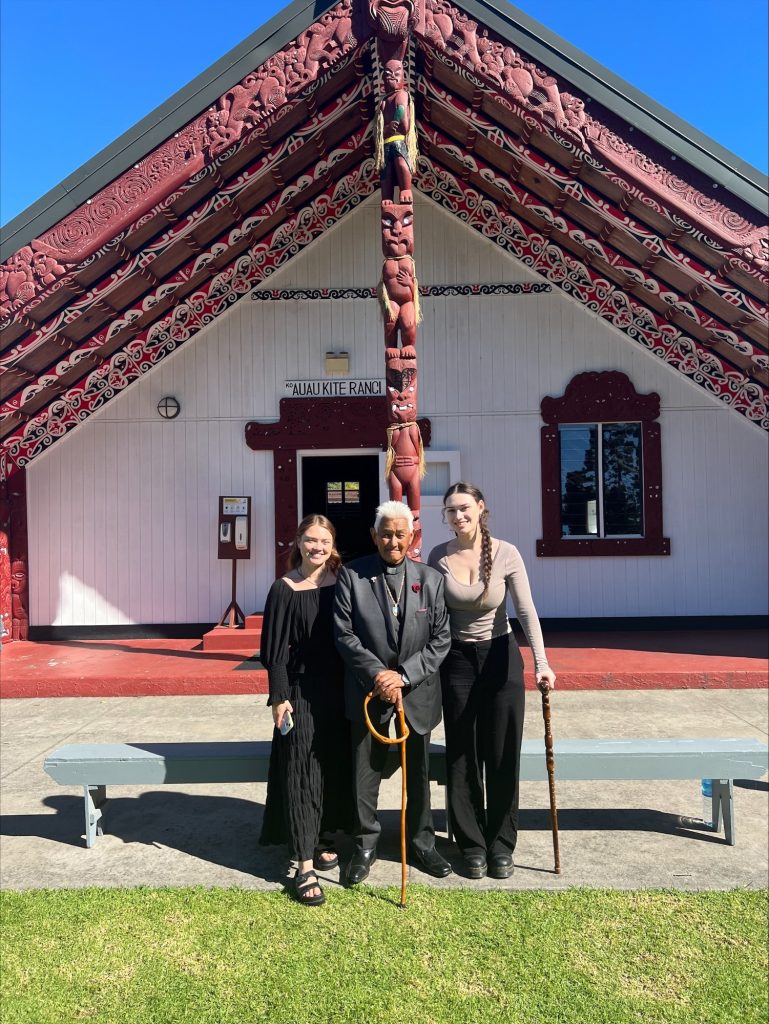
Zharnei Adams – People and Capability Coordinator: Whānau + ako. Family + learning.
Kumeroa Pihama – Pou Whanake, Technical Director Māori: I grew up going to Waitangi on Waitangi Day and continue this tradition with my children. I am grateful to have experienced the pain of our pakeke (elders) over this time as it informs who I am and need to be for reconciliation to succeed, and for the next generation to be informed by the joy and beauty Te Tiriti affords us all as taonga (treasure).
How can Waitangi Day be used to promote understanding and unity?
Te Miringa Panapa – Water Resources Engineer: Waitangi Day is perfect for bringing people together! Through events, kōrero, and shared celebrations, it’s a chance to learn about each other and our history.
When we embrace the spirit of Te Tiriti — partnership and respect — it creates a stronger, more united Aotearoa.
Zharnei Adams – People and Capability Coordinator: As Te Tiriti is the first immigration document of Aotearoa, it is an agreement that allowed various communities to settle here and call Aotearoa home. Te Tiriti is a partnership to be celebrated, tangata whenua welcomed diversity as different communities came together… Aē my tupuna were the first diversity, equity, inclusion and belonging (DEIB) leaders in Aotearoa.
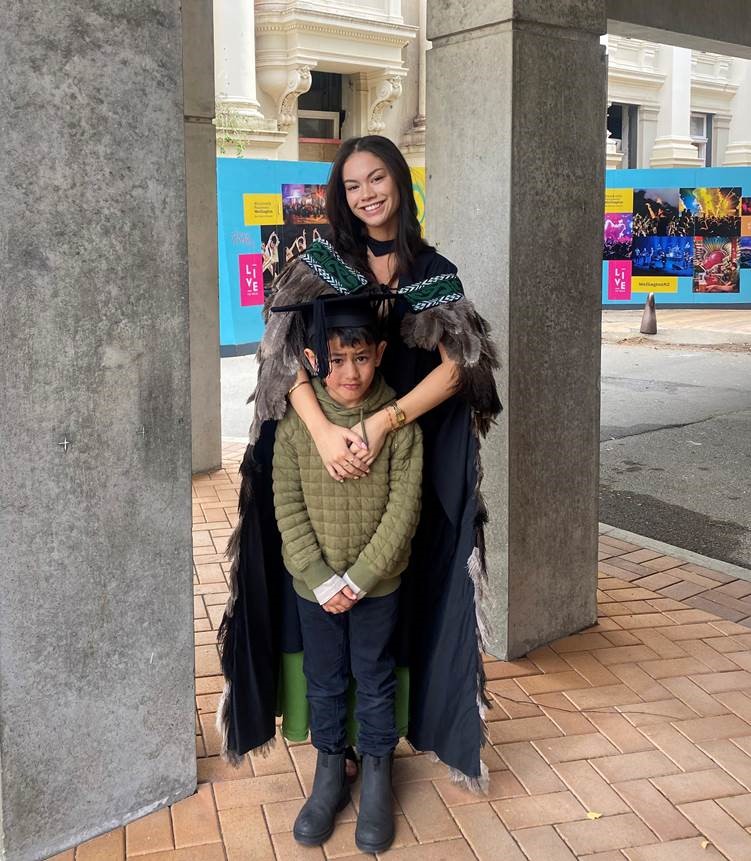
Dilys Fong – Transportation Engineer: Let’s have conversations and be ready to listen and learn together. We can support each other better when we’re able to recognise and appreciate our diversity and celebrate the richness it adds to our communities.







